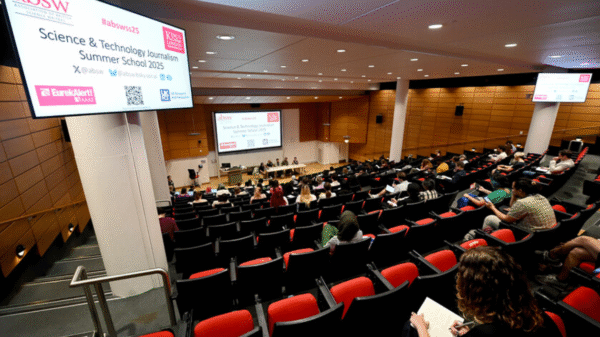ANOTHER year, another exhaustingly crass attempt to isolate Muslims by calling into question their loyalties to the British public.
This year it was none other than Tabia-Kauser Ishaq, a 24-year-old British Muslim student at the London College of Fashion, who launched a revolutionary campaign to promote British Muslim commitment to Remembrance Day.
What, you ask, was this groundbreaking effort on Ishaq’s part? Cue drumrolls: poppy hijabs. Yes, you read it right the first time – I did in fact say poppy hijabs…
Not only is the £22 poppy hijab a questionable attempt at “fashion†– it is also the latest in a long line of unabashed apologist campaigns released over the past month for the sake of promoting ‘British Islam’.
The Sun (surprise, surprise) launched the highly controversial United Against IS campaign that portrayed a woman wearing a Union Jack hijab.
Either way, both campaigns are insulting to Muslims in that it pressures them into having to overtly prove their loyalty to the British cause.
Underlying Islamophobia
It is also deplorable that the hijab, a symbol of one’s religiosity and commitment to Allah, can be made to showcase their patriotism.
Mariya Hussain our recently elected Student Trustee adds, “Why, has no other religious group been asked to don floral religious gear to showcase where their loyalties lie?
For me, this is just another testament to the underlying Islamophobia that exists within contemporary British societyâ€.
The poppy hijab campaign was launched on the 31st October 2014; a hundred years since the first Muslim soldier Khudadad Khan from Pakistan was awarded the Victoria Cross for his bravery on the Western Front.
Khan was among the 400,000 Muslims belonging to British India, who fought for Britain in the First World War.
British Muslims don’t need to prove their commitment to Remembrance Day when their ancestors already decided for them by pledging to the war effort in 1914.
King's College London. Award-winning student newspaper, a platform to share your story, and a publication that holds entities accountable when no one else dares.


















